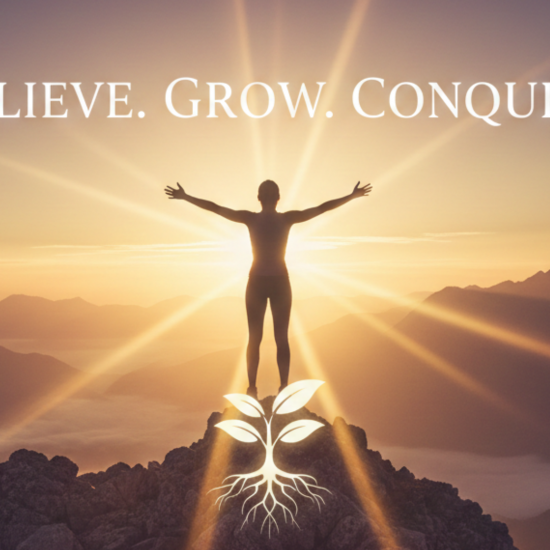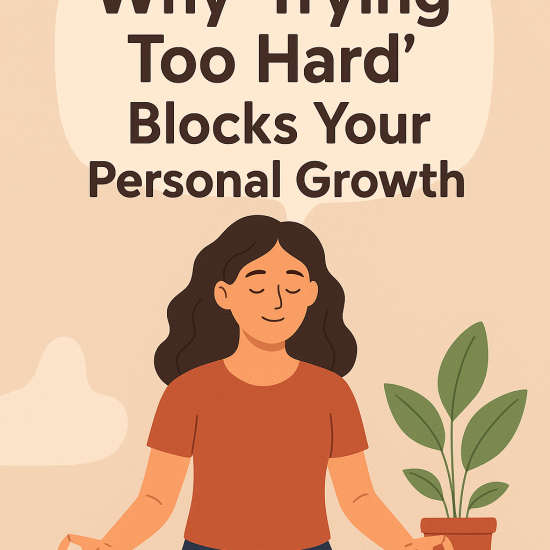Personal growth isn’t just an option, it’s a necessity. Whether you’re working on your career, relationships, or emotional well-being, the ability to reflect on yourself is one of the most powerful tools you can use. Self-reflection allows you to pause, evaluate your actions, understand your thought patterns, and make intentional choices for a better future. This is where personal development coaching comes into play. A skilled self-development coach can guide you through this journey, helping you unlock your potential, gain clarity, and rise beyond who you were yesterday.
1. Understanding Personal Development Through Self-Reflection
Personal development is the ongoing process of improving yourself mentally, emotionally, professionally, and spiritually. But true growth doesn’t come from constant action alone; it requires intentional pauses to reflect on where you are, where you’ve been, and where you want to go.
Self-reflection acts as the mirror that reveals your patterns, behaviors, and limiting beliefs. It helps you:
- Identify areas for growth
- Understand emotional triggers
- Clarify personal and professional goals
- Align your actions with your values
A self-development coach often begins with guided reflection exercises to uncover what’s holding you back and where you want to be. Without reflection, personal development becomes guesswork; with it, growth becomes intentional and sustainable.
2. Why Self-Reflection Is the Key to Personal Growth
Self-reflection isn’t just a nice-to-have—it’s a must for anyone committed to personal growth. Here’s why:
a) Creates Self-Awareness
You can’t change what you’re unaware of. Through reflection, you develop a deeper understanding of your strengths, weaknesses, and thought patterns.
b) Builds Emotional Intelligence
A major focus in personal development coaching is emotional regulation. Self-reflection teaches you to pause before reacting, fostering better decision-making and healthier relationships.
c) Helps Break Limiting Beliefs
Many people are held back by unconscious beliefs like “I’m not good enough” or “I can’t succeed.” Reflection helps you identify and replace these patterns with empowering ones.
d) Encourages Consistent Progress
Without evaluation, it’s easy to repeat mistakes. Reflecting on your choices ensures you’re learning from them and improving continuously.
3. The Role of Personal Development Coaching
While self-reflection is powerful on its own, working with a personal development coach accelerates the process. Coaches provide structure, accountability, and insights that can be hard to see on your own.
A good self-development coach helps you:
- Clarify Your Goals → Define exactly what you want to achieve
- Identify Roadblocks → Recognize patterns that hold you back
- Build Growth Strategies → Create actionable steps toward change
- Stay Accountable → Ensure you follow through on commitments
Through personalized coaching, you gain a supportive partner who keeps you focused on your long-term vision while helping you develop self-reflection habits that stick.
4. Practical Self-Reflection Techniques for Growth
You don’t need hours each day to reflect; small, consistent actions create the biggest transformations. Here are some strategies recommended by top self-development coaches:
a) Journaling
Set aside 10 minutes daily to write down your thoughts, experiences, and feelings. Prompts like “What went well today?” or “What can I improve tomorrow?” encourage structured reflection.
b) Asking Better Questions
Instead of asking “Why did this happen to me?” shift to “What can I learn from this?” This reframing builds resilience and personal power.
c) Mindfulness & Meditation
Taking time to breathe, observe your thoughts, and be present increases clarity and reduces mental clutter. Many personal development coaching programs incorporate mindfulness techniques to foster self-awareness.
d) Feedback Seeking
Sometimes, we have blind spots. Asking trusted friends, mentors, or a coach for feedback provides fresh perspectives on your growth areas.
e) Visualization
Picture your ideal self and life in vivid detail. This practice trains your brain to align your daily actions with your long-term goals.
5. Overcoming Challenges in Self-Reflection
While self-reflection sounds simple, it isn’t always easy. Here are common obstacles and how to overcome them:
- Fear of Facing the Truth → Remember, growth requires honesty. Start small and give yourself grace.
- Overthinking → Reflection isn’t about dwelling; it’s about learning and moving forward.
- Lack of Time → Even five minutes a day is enough to make progress.
- Resistance to Change → Working with a self-development coach helps you stay committed when challenges arise.
6. How to Choose the Right Self-Development Coach
If you’re serious about growth, finding the right coach is crucial. Look for someone who:
- Specializes in personal development coaching
- Uses evidence-based strategies
- Offers personalized, goal-oriented guidance
- Encourages accountability while empowering independence
A great coach won’t just give you answers—they’ll teach you how to find them within yourself through structured self-reflection practices.
7. Turning Reflection into Action
Reflection without action doesn’t lead to transformation. Once you gain clarity, the next step is implementation. Ask yourself:
- What insights can I apply today?
- What habits must I change to reach my goals?
- Which resources or people can support my growth journey?
This is where many people lean on personal development coaching to bridge the gap between knowing and doing.
Self-reflection is one of the most powerful tools for personal development, but it works best when combined with action, accountability, and support. Whether you choose to practice on your own or work with a self-development coach, remember that growth is a daily choice.
By committing to regular reflection, you’ll gain clarity, strengthen your mindset, and create a life aligned with your highest potential.





